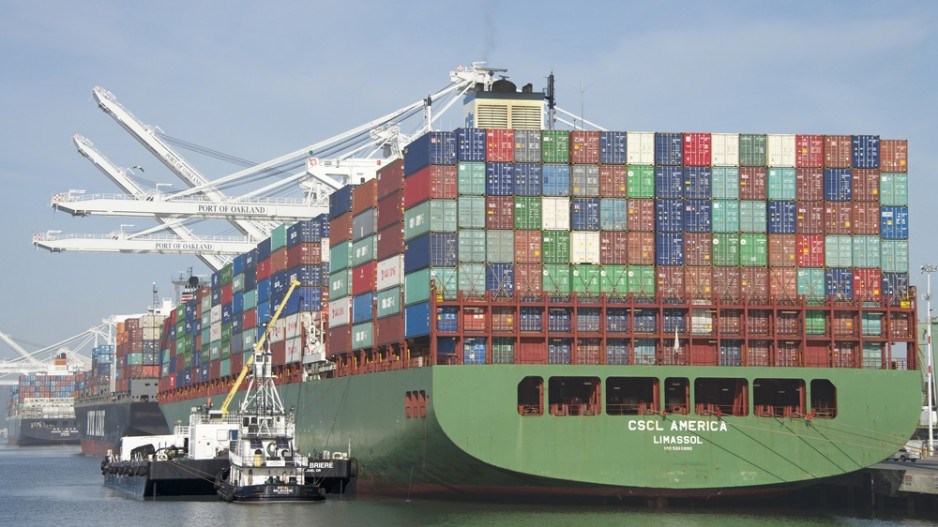The overall impact on Canadian imports and exports from former U.S. Vice President Joe Biden winning the 2020 presidential election south of the border will be positive – but don’t expect all trade issues facing Ottawa to magically dissipate.
That’s the assessment of Omar Allam, a senior-level trade analyst and former Canadian diplomat who previously worked as a senior consultant with the likes of the World Bank and Natural Resources Canada. Allam, who now heads his own Allam Advisory Group, said the biggest improvement that a Biden White House would bring is a dramatically less confrontational atmosphere when it comes to Washington-Ottawa relations.
It means that Canada would likely be much less at risk of incurring Washington’s wrath on items such as the Section 232 tariffs placed on Canadian aluminum on “national security” reasons – which current U.S. President Donald Trump enacted against Canada and several other ally countries (and was only resolved on the Canadian front last month when Trump signed an exemption proclamation).
“When it comes to overall co-operation, Canada-U.S. relations will be more diplomatic and smoother,” Allam said, also noting that the United States under Trump was aggressive in securing additional benefits from NAFTA for the American economy by renegotiating, thus creating the USMCA. “I see a Biden Administration playing more by the rules and regulations of the new NAFTA if you will. So, I see that part settling down a little bit minus Trump.”
One area that won’t likely change, however, is trade with China. The USMCA included a so-called “poison pill” that essentially gives Washington to veto any free-trade deals Canada signs with a non-market-economy (a designation that usually includes communist/state-run economies like China).
Given that much of Canada’s trade tensions with China stemmed from the United States (i.e. the U.S. Department of Justice requesting the extradition of Meng Wanzhou, resulting in her arrest in Vancouver in 2018), some had hoped that a new U.S. administration may offer a recalibration of Washington-Beijing ties that would then allow Canada more breathing room to trade with China.
That, however, is unlikely, Allam said.
“I think that scrap will go on, regardless of who is sitting in the White House and who controls the Senate in the U.S.,” he said, noting the overall mood in Washington on its position on China appears solidified in the current confrontational stance.
It’s a reality that Canadian importers/exporters simply have to come to grips with, Allam added.
“... A real risk to Canadian exporters is where we are playing around the globe by definition. Because Canada is a net exporter and heavily dependent on the U.S. as a major trading partner, we run the very real risk of running up against somebody that the U.S. is scrapping over or with.”
That is why, Allam noted, the most important thing for Canada to do in light of Biden’s victory does not change from a scenario where Trump retained the presidency – a clear road-map plan of how to consider the new realities of global geopolitics, and how Canada’s trade fit within that framework.
“Bottom line: it’s clear Joe Biden as president would be a better outcome for Canada’s economy, but either way exporters need a clear post-COVID plan,” he said. “Canada needs to seriously design an economic growth playbook with executable trade and investment, foreign policy, defence, immigration, healthcare, infrastructure, and innovation game plans.”
That also means that – for those anticipating the United States to return to the 11-nation Trans-Pacific Partnership trade bloc – it is not a given, and plans on how to proceed need to be put in place accordingly.
“There are five [TPP] countries that haven’t submitted the agreement for ratification (Brunei, Chile, Malaysia, Peru, and Vietnam),” Allam said. “The Biden administration may consider working towards entry since he has publicly committed to finding common ground and purpose to boost the U.S. economy and promote free trade with like-minded partners. However, the U.S. has a lot of work to do repairing relationships worldwide.”




